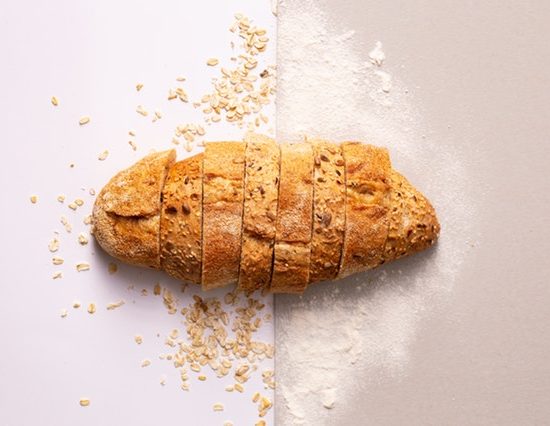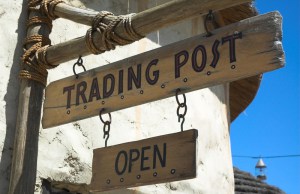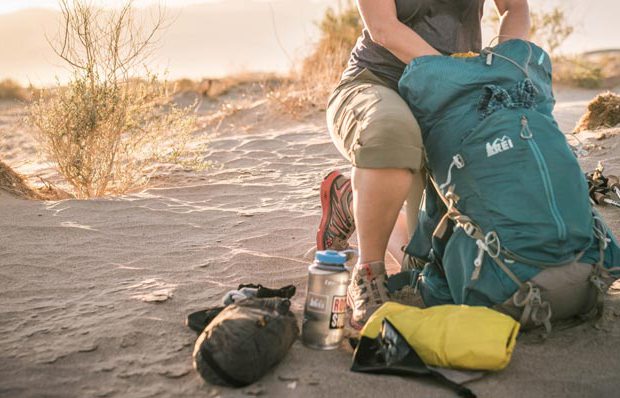
I generally agree with the premise that skills are far more important than stuff, and that knowledge weighs nothing. There are skills that benefit us, every single day and definitely in a disaster – on any scale. However, sometimes collecting knowledge can be a pricey and time-consuming prospect. That doesn’t mean we shouldn’t learn, but we need to prioritize as with anything else. We also have to honestly assess our preparedness level, plan, and current lifestyle.
Exceptions & Assessments
There are exceptions to some of what I’ll suggest. If you’re a wilderness adventure enthusiast or work in extremes, you already know it. If you truly have lots of free time but zero money after lots of cutbacks, and you have materials/resources lying around and don’t have to buy anything, okay.
If somebody is just into history, a reenactor, a hobbyist, I’m also not talking about that. Mental health clause – you need an outlet. However, interests are just interests and don’t belong in the “but it’s useful/preparedness” category of our time and financial budgets. It belongs under our entertainment budgets.
Please remember those caveats as you read the list. I’m talking about somebody learning from scratch specifically as a survival/preparedness skill in lieu of practicing, buying, or learning something else.
I also hear the argument put forth that somebody’s going to learn a skill or trade because then they can barter it. That is absolutely true in some cases (medical, mechanics, midwives). In others …
We have to ask ourselves: How many people who are preparing or not preparing are actually going to be around and need that particular skill? How do we plan to find those souls who are unprepared to do it themselves, but are expected to have surpluses worth our time and labor to trade for us?
Below are a few things I regularly see pushed as a must-have skill. I’ll break down the pro’s and con’s, and cover alternatives.
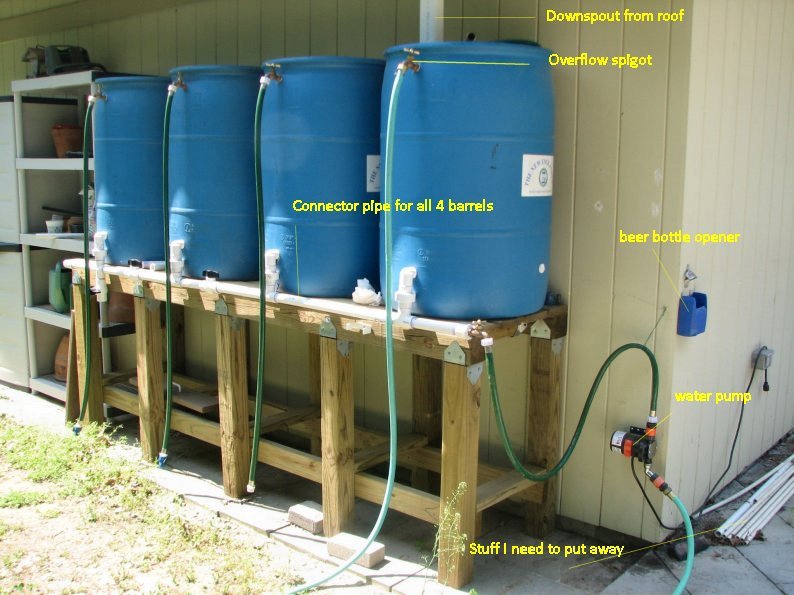
Alternatives After Assessment
Would it be better to develop the knowledge of how to find water by recognizing terrain and land cover patterns, a map of streams and springs in the area, and the physical strength to carry and drag water-level weight through woods, on crappy roadsides and ditches, and repeatedly lift buckets and containers out of a downed well or deep cut with cord, or over the side of a pickup?
Could we instead spend time locating buckets, storage totes, and barrels, the used and wrecked pieces of furniture and equipment on Craigslist and Freecycle to turn them into water catchment, and the afternoon or afternoons it takes to assemble them, to limit the amount of time we even have to go out hunting water?
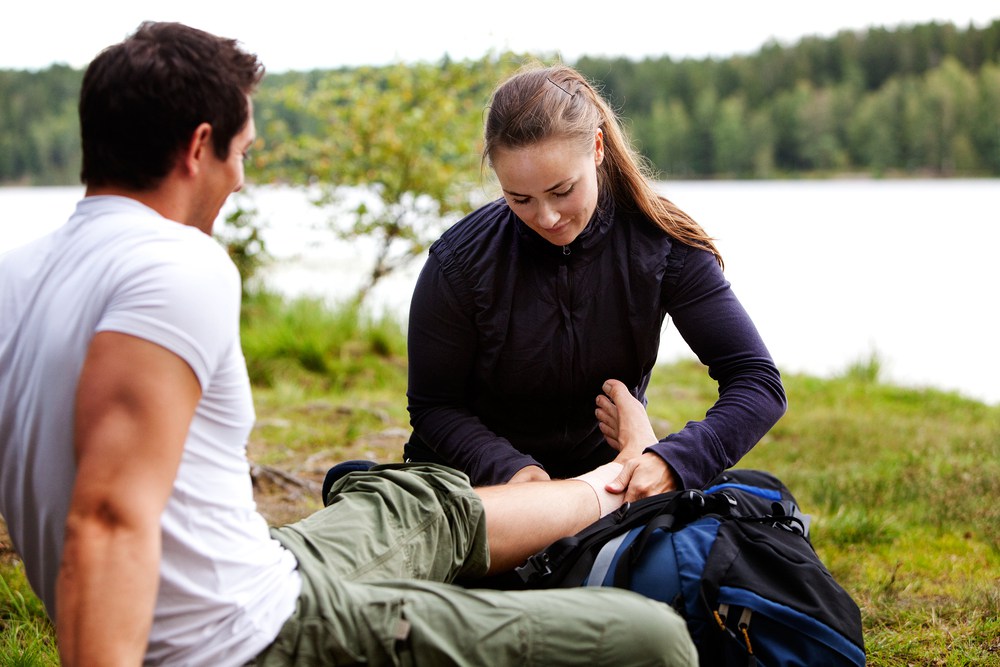
Water is always going to be a focus for me, but there are other skills, too.
Gather wood for the stove/grill and practice cooking and canning on it. Learn hauling and tying knots, and practice felling, branch removal, and topping on consecutively larger trees. Learn to change your own oil and bike chain. Figure out how to unclog a drain using supplies and tools you already have on hand. Walk on the ditch verges and wooded hills to strengthen ankles.
We have to ask ourselves how important primitive skills are instead of something like wrapping a sprain, turning off water and gas mains, producing and finding food, mending a fence, sharpening a blade, rescuing a drowning/choking infant or child, and backing a trailer.
Fire From Scratch
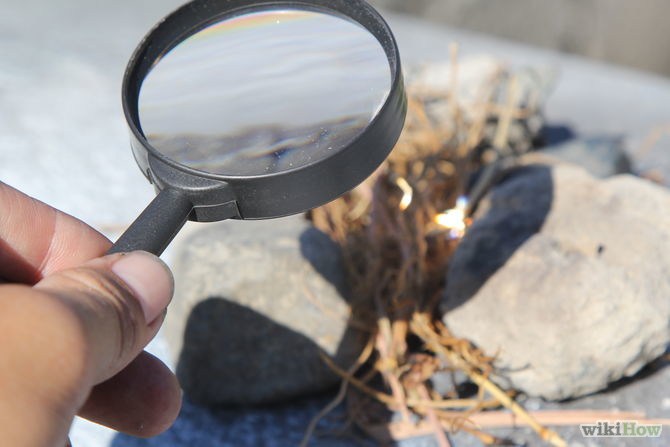
Let’s start off with a super controversial one – yay!
First, I’m not talking about finding dry tinder in wet woods or making a feather stick. If somebody’s out in the woods regularly, the potential of injury in a downpour makes them worthwhile in the crisis stance. As a through packer (I think they call it ultralight now, but my bag was never light) and multi-day paddler, those are things that saved me time and energy for my hot meal.
I’m talking about Survivorman fire starting, primitive fire starting. If you happen to have a battery and steel wool, more power to you. It was never in my pack for fire tools.
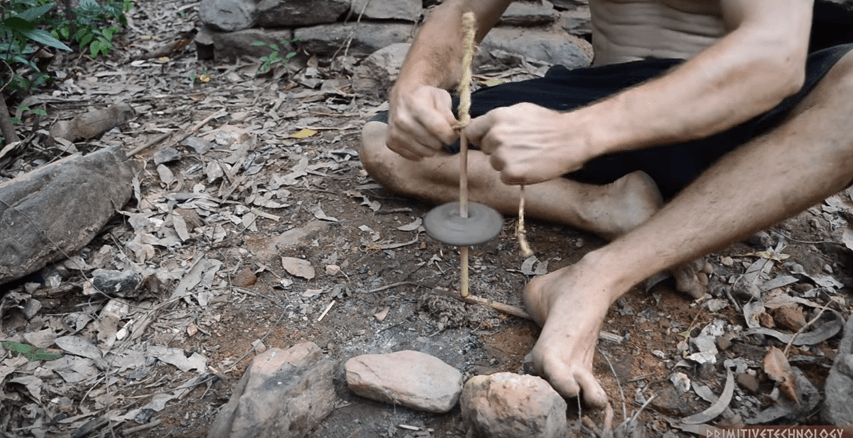
Second, if you’re a remote-creek kayaker, canoe trekker, or a hiker, get a few pill bottles to stuff with wet-weather or DIY-coated matches and a few cotton balls or some dryer lint, and start wearing one around your neck and carrying one in a pants pocket. Get a ferro rod and block or a windproof cigar lighter, and replace the chain with 550 cord to wear on your belt or pants button or the snap of your life vest or knife. Keep another set duct taped to the bottom of your water bottle or glasses case.
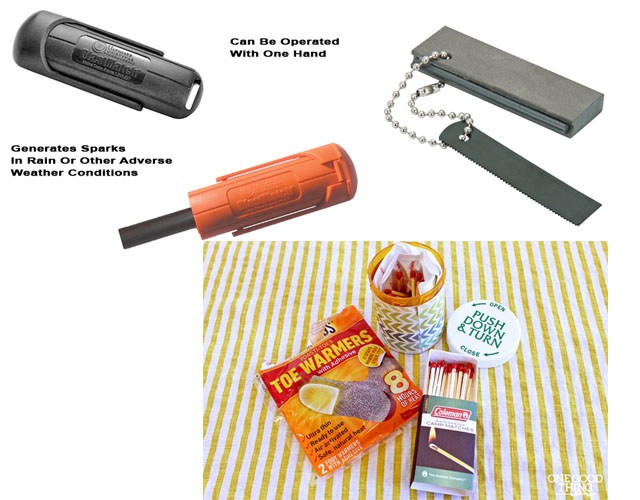
No belt or knife? No glasses? Don’t worry about fire from scratch then. It takes a long time to master starting a fire with a bow and starting it with a lens requires a lens. If you don’t have a knife to make shavings and the bow and start the notch, there’s a stick and another stick, and you’d be far better served spending the time making a cocoon-style debris hut.
Matches/Lighters versus Primitive Skills
People do get lost in the woods, and eventually we absolutely will run out of matches and lighters on a homestead.
We’ll run out of them faster if we’re using smaller fires for short periods and thus starting them regularly. They can break, leak, get wet and grody, and strike-anywhere are harder and harder to find so you have to figure on the striker strips getting worn totally smooth, especially if we buy the big bulk boxes.
Learning to find tinder in wet woods is time-consuming enough (and worth it for some/many).
If you’re only bugging-out to a BOL, not in an INCH situation, or if you’re a boater, fisherman, hunter, hiker, or outdoors enthusiast, throw in a cigar lighter so wind is less of a factor – they fit in a Gerber case inside bags or small plastic bottles with matches and other fire-starting materials pretty well.
For a homestead/bug-in situation, we can say three meals and a snack a day, plus morning coffee. Starting five fires is pretty generous and buys time for us to learn how to bank a fire for coals and keep one going.
Say it takes us a couple broken/burn-out matches to get one started, so we need three matches per fire. Using 15 a day for a year gives us a total of 5.5K matches.
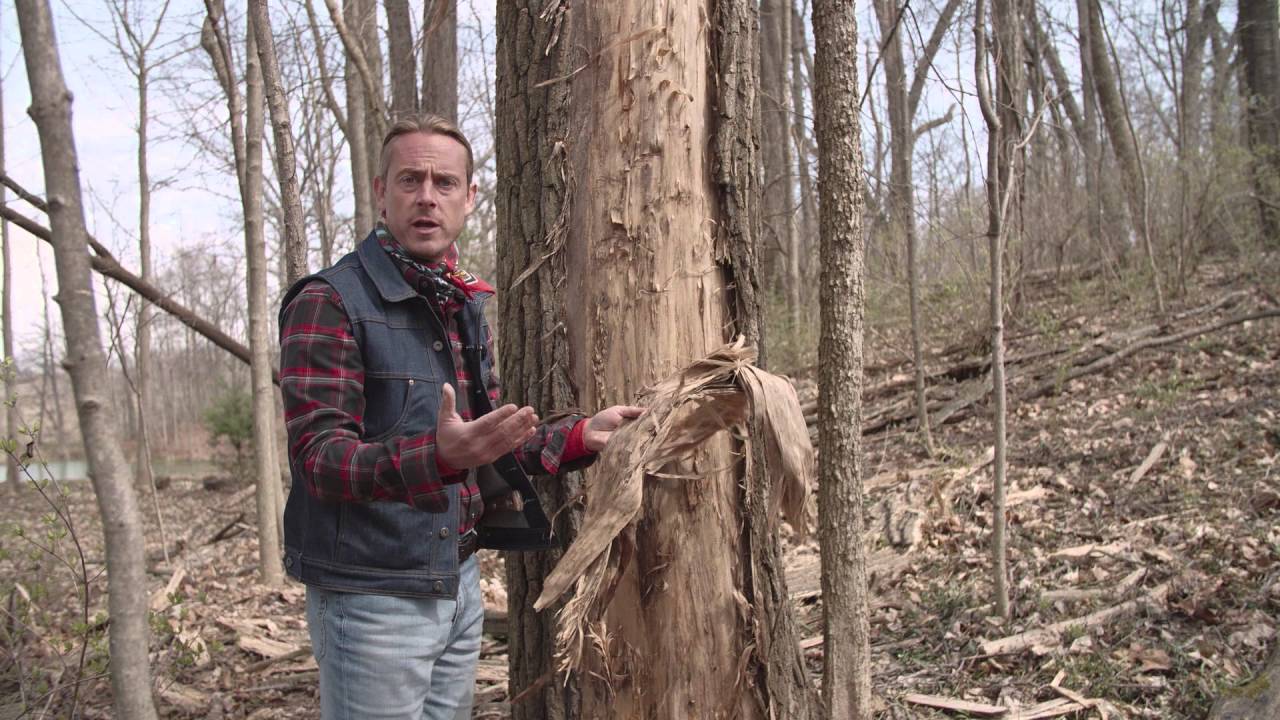
Bricks of 100 small kitchen match boxes run $8-15 bucks each for 3.2K matches – two would cover our needs for $20-$30. My dollar store also carries match books cheaper (not my first choice).
Or we could buy one of those multi-pack bricks for $10-15, and hit Amazon for a 100-pack of disposable lighters for $20 and a set of three big boxes of 300 matches for $7-$10. That gives us 4K+ matches and 100 lighters for $37-45.
We can store them in our currently empty canning jars, or spend $5-6 at the dollar store to get candles or nail polish or lacquer to waterproof them and some baggies to keep them in. Strikers and blast matches, cigar lighters that work even in whipping Montana winds, run in the $4-$12 ranges.
Yes, it costs money. Yes, if you already have the knife, tromping into the woods to do it like Bear doesn’t.
Tromp into the woods learning to not make noise, recognize animal sign, and recognize landscape features that promise water instead.
There are multiple situations (and future practical, everyday skills) that benefit from that knowledge.
Soap – Making vs. Buying
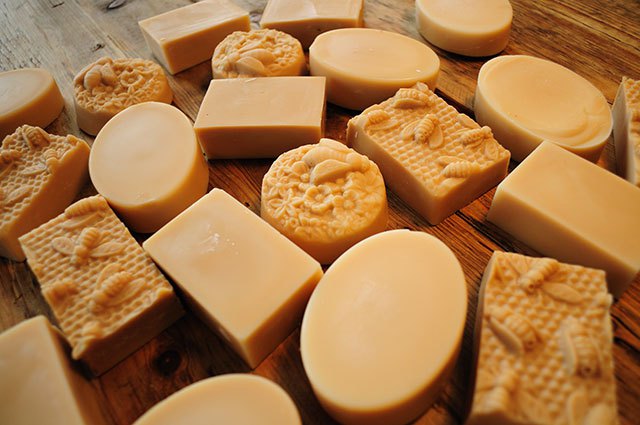 Let’s start with the basics of soap. There’s a couple of modern recipes, and a link to the history. About halfway down, that one breaks soap making into three stages of lye, fats, and combination – which is where we’d be at a total pioneer homestead or “My Side Of The Mountain forever” INCH lifestyle.
Let’s start with the basics of soap. There’s a couple of modern recipes, and a link to the history. About halfway down, that one breaks soap making into three stages of lye, fats, and combination – which is where we’d be at a total pioneer homestead or “My Side Of The Mountain forever” INCH lifestyle.
- http://www.diynatural.com/how-to-make-soap-2/ – cups conversion
- https://thenerdyfarmwife.com/how-to-make-soap-with-milk/ – one of many for milk, still need oil
- http://spadet.com/soap-making-history-and-techniques/ – from scratch
I’m going to discount any soap making as viably sustainable if it’s using a fat or oil that’s not locally produced. That’s including people who buy the glycerin soap blocks. (For soap making – no comment on other uses.)
That’s the whole argument about sustainable, colonial and primitive skills – they’re for when there is no store and we run out of things.
If you need palm oil, you’re storing something and you might as well store the finished product. (There are exceptions, like the many balms and other uses for various oils.)
Some basic soap-making starter kits are available for as little as $10-15. Better will run as high as you like. I couldn’t find one that already included a scale (soap making is one of those things that requires weights according to some experts, although others have converted recipes to volume).
$10-15 for a kit isn’t much, absolutely. However, soap requires those rendered animal fats or oils. Those aren’t in the kits, and some of the ones I’ve seen in recipes are pretty pricey.

Too, in a crisis, especially if we’re living off grass-fed livestock and wildlife and the diet food of garden produce, fats and oils are going to be precious to keep our bodies functioning.
There’s still tons of bar soaps available at the dollar store and <$1 at Walmart. Some are travel sized and singles in boxes. However, options are available in 2-packs and 3-packs of standard-sized bars. So for $10 I can get 18-27 bars of soap and still pay tax.
If I’m inclined, I can cut that down, get a bottle or two each of Dawn and pine cleaner for dishes and laundry, floors, and surfaces, and still get 14-18 bars of soap.
I once figured that between bathing and washing my hands and face, I run through a cake of soap a week, so I need more than $9-10 worth. I need more in the neighborhood of $20-$30, and about a shoebox of space. For laundry, surfaces and dishes for a year, and surface cleaning, depending on household, I need a couple of free liquor boxes and another $20-30 for liquid cleaners, even buying from the dollar store. (The dollar store is not the cheapest per ounce or most compact form, but they are incremental purchase and use sizes.)
Cost doesn’t apply for the folks who plan to have fatty pigs and cattle, and use their wood ash. For them, the comparison is strictly about time. For a lark, sure, jump one weekend. But weigh out what else could be learned, what other materials cost, and what family ties could be strengthened with a different activity.
Soap is compact. They are sensitive to dampness, so they need a Ziploc bag, lidded can, or plastic tub. There are environments where dry soaps melt, but most of North America could keep them in a shed. So will the ingredients for making soap, or finished homemade soaps.
Rendering suet for tallow
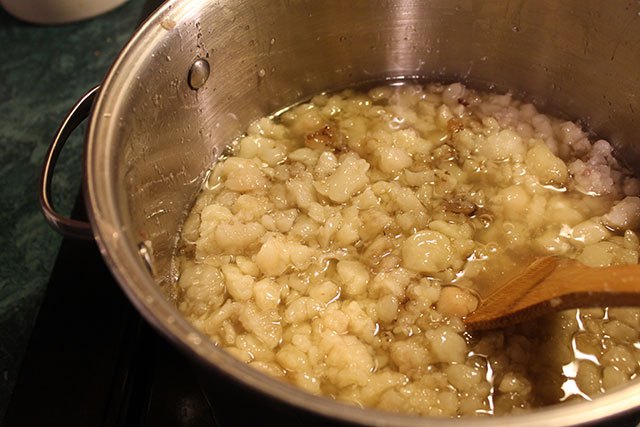
Some will still think it’s worthwhile. To each their own, but please refer back to the general premise and Pat’s arc to be sure it’s the best use of your resources and time as you stand now.
On the flip side, totally learn how to make suet and tallow if fatty animals and materials are present. They have a ton of uses, provide a storable sustainable fat source, and they fill very real needs in a self-sustainable lifestyle.
Treating Hides
Hides and making useful items from hides is 50-50 with me. On one hand, I know a woman who makes a bundle from it, and if you have rabbits or hunt deer, you have hides. On the other hand, should the world collapse to colonial and pioneer day levels if not the Dark Ages, lots of humanity will die fast enough for me to find underroos, sheets, work boots, and socks should I need to go out past my X date – they aren’t exactly the things being grabbed in today’s riots.
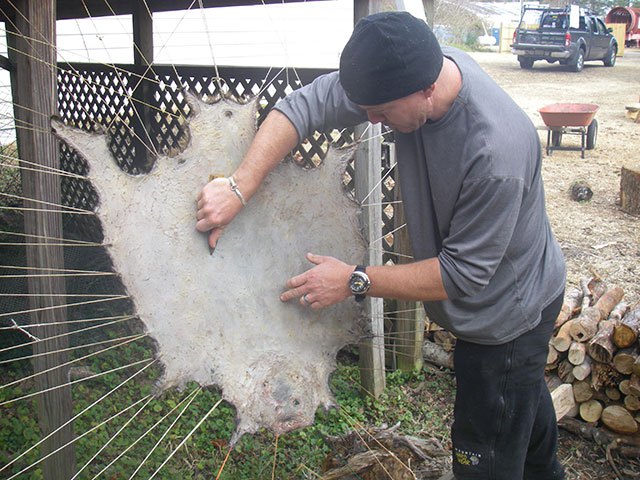
If it’s going to be a side business, sure, jump – after you do some market research. If it’s a niche market half-hobby, jump.
If it’s something on the to-do list because it seems like a great skill … maybe consider jumping on a maps website, finding farm fields and nearby specialty farms, making some non-nut cookies or muffins to carry, and sharing that you’re interested in breaking away from city life, would the nice farmer be willing to work out some kind of tag-along for labor deal so you can get a good idea of what’s involved.
Another option useful in disasters of all kinds is mapping power-line cuts to avoid traffic jams, snow and flood evacuation routes, and directions and A, B, C routes to and from kids’ schools and the school evac rally points.
Skills versus Stuff
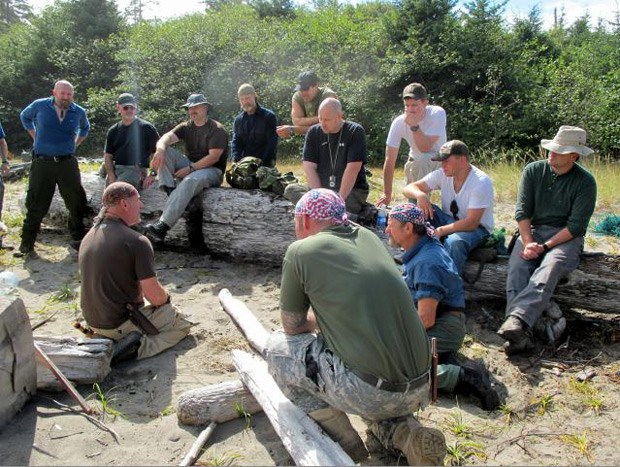
Nine times out of ten, I would argue that knowing is better than having. However, there are exceptions – usually because of the time and-or resources they require, and sometimes because of the space.
There are lots of things that we should know just to be well-round humans, let alone homesteaders or – if inclined – nomads. However, sometimes we waste our precious resources learning something that only benefits most people during a very specific type of disaster, or a total breakdown and reversal that lasts for 5-10+ years.
Sadly, a lot of people who push and learn those lack the skills and supplies to survive long enough for some primitive skills to become valuable again. Some of those skills come at the cost of things that can benefit us, right now.
There are all kinds of things to do without spending more money or spending time on something with highly specialized skills and low-likelihood needs.
I figure I’ll get hate mail for the concept and for the specific few I listed. I just want people to weigh their to-do and to-learn lists so that they can prioritize based on where they already stand and where they want to go.
If there’s true need and potential – and sometimes there is – or it’s just a hobby, there’s nothing wrong with any of the primitive skills. I think most of us, though, have something we would be better served learning, practicing or building than the three listed.
















